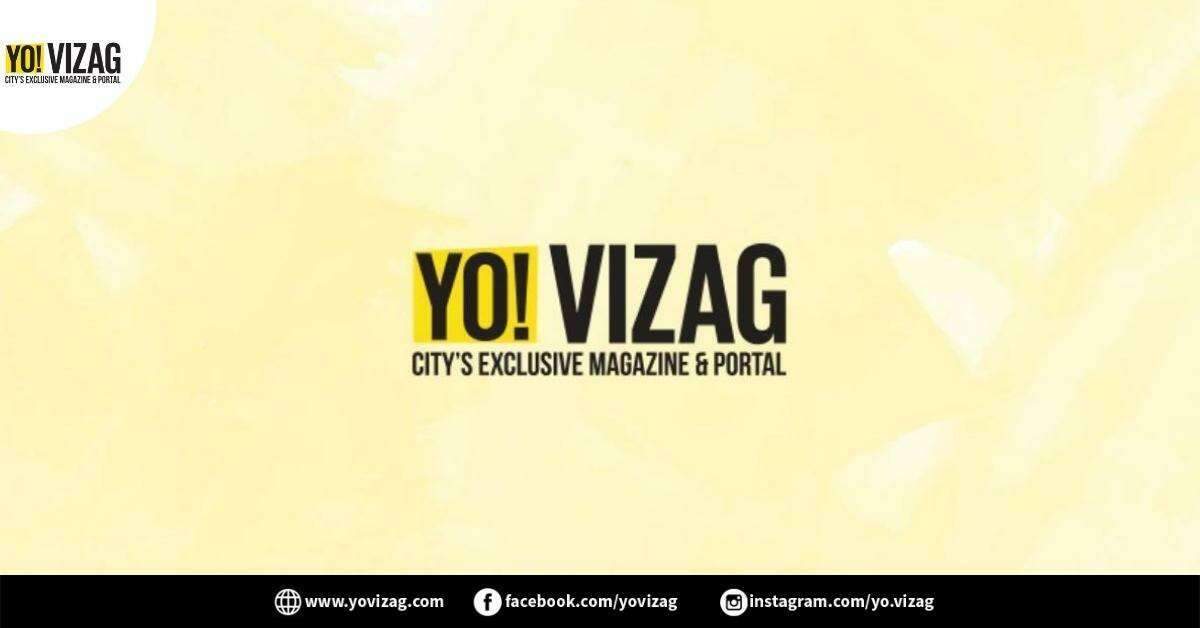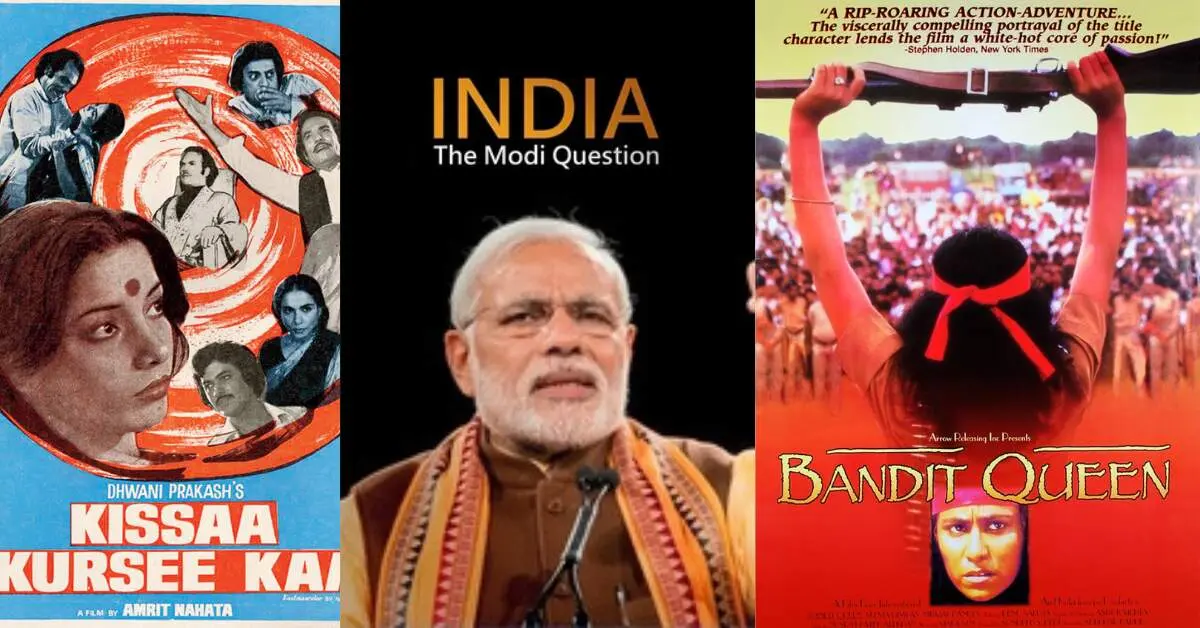

Cinema has long been a powerful medium for storytelling, sparking discussions on societal, political, and cultural issues. However, some films in Indian cinema have faced significant opposition, leading to bans or delayed releases. Here is a look at some of the most controversial Indian movies that encountered censorship challenges in India.
This BBC documentary examined Prime Minister Narendra Modi’s role during the 2002 Gujarat riots. The Indian government criticized it as misleading and blocked access to it in India. The government deemed it “propaganda” and ordered social media platforms to take it down. Screenings were restricted at universities, citing concerns over public order. BBC faced legal challenges from Indian authorities post-release.
Directed by one of the most controversial filmmakers of this generation, Anurag Kashyap, this film is based on Hussain Zaidi’s book about the 1993 Bombay blasts. The film faced multiple delays before its release. The Bombay High Court ruled that the film could influence ongoing court cases, leading to a postponement until 2007, after the verdicts were delivered. Upon release, the film received widespread praise from critics for its realistic portrayal of events.
Directed by Amrit Nahata, this satirical film depicted political corruption during the Emergency period (1975-1977) and was subsequently banned by the government. The film reportedly mocked the then-Prime Minister Indira Gandhi’s administration, leading to all prints being confiscated and allegedly destroyed. A re-edited version was released after the Emergency ended.
Directed by Shekhar Kapur, this film was based on the life of Phoolan Devi and depicted issues of caste-based violence and gender oppression during the 1960s. The Central Board of Film Certification (CBFC) initially withheld certification due to explicit content. Phoolan Devi herself objected to the portrayal of her life in this movie. However, the film was eventually released with edits and received international acclaim.
Made by legendary director Satyajit Ray, this documentary was authorized by the King of Sikkim when the state’s independence was under threat from India and China. Due to this, the release was paused till 1975, the year in which Sikkim merged with India.
In the same year, all copies of the documentary were reportedly destroyed by the government due to concerns that it could ignite political tensions. However, the documentary was eventually released in 2010, only to be taken down again after a single screening by the Sikkim government.
Censorship in Indian cinema remains a complex issue, with films facing opposition due to political, social, or cultural sensitivities. While some movies eventually secure release, others remain unavailable to audiences.
Also read: Top OTT releases in April: Must-watch movies and series for solid entertainment!
If you liked this article make sure you follow us on Instagram and DM us your opinion on this.
This post was last modified on 03/04/2025 7:11 pm
As the weekend approaches, the yearning for rest and relaxation grows. With summer temperatures soaring,…
There's something quite wonderful about those viridescent grapevine plantations, sprawling off into the unknown. Nowadays,…
Health insurance is a critical component of financial planning, offering protection against rising medical costs.…
In a significant push to strengthen healthcare access in underserved regions, the Employees' State Insurance…
Just days after the no-confidence motion against Mayor Golagani Hari Venkata Kumari was passed, another…
Andhra University is set to begin its 100th anniversary celebrations on April 26, marking the…
Leave a Comment